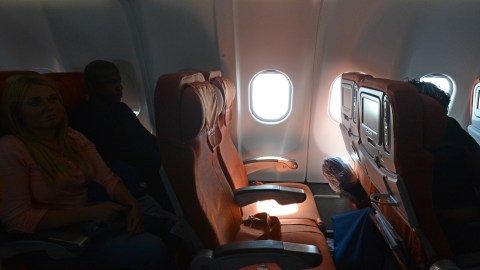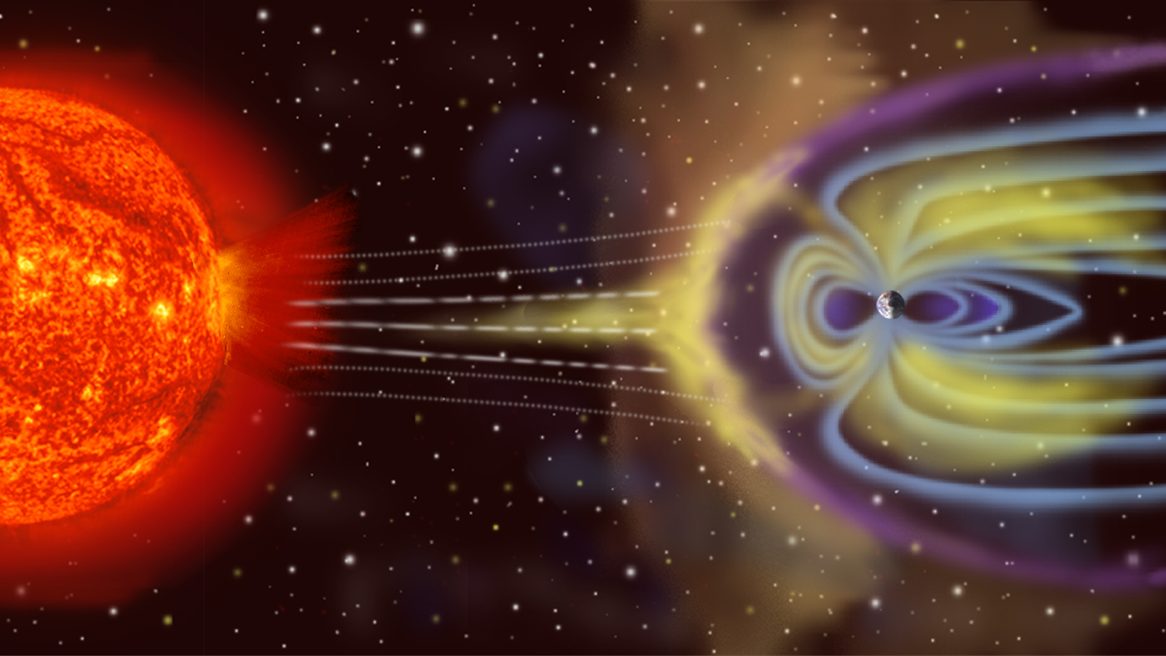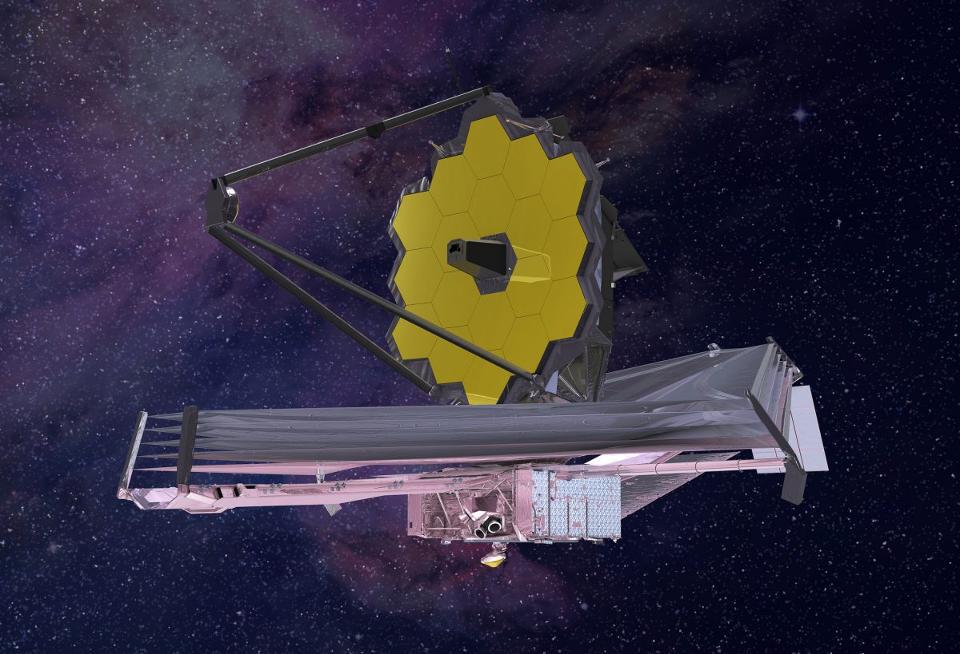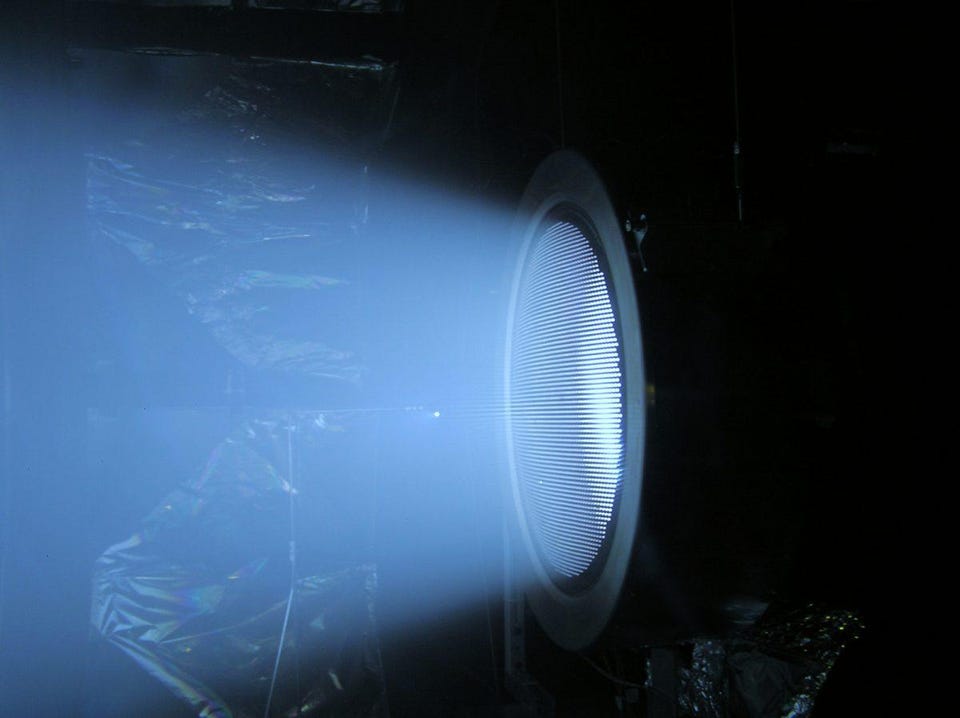Flying Will Get Worse, Thanks to Climate Change

Flights are going to get longer and more expensive, all thanks to climate change.
Evidence has been brought forward by Paul Williams, an atmospheric scientist at the University of Reading. His study calculates how climate change might alter flight paths, hike up airfares, and make air travel altogether more terrible.
Aircraft contributed around 700 million metric tons of carbon dioxide in 2013. It’s a number that’s just a drop in the hat compared to other emission sources, but climate change is a two-way street. Emissions affect the environment, and so the environment is shifting its patterns.
“The condensation trails that form behind high-altitude aircraft, or contrails, are one of the most visible signs of the human impact on the atmosphere,” NASA’s Adam Voiland wrote.

“The impacts of aviation on climate change have long been recognized, but the impacts of climate change on aviation have only recently begun to emerge,” Williams wrote.
He used a climate model to see how atmospheric patterns from London to New York would change should CO2 in the atmosphere double. His climate simulation showed eastbound flights would become shorter, while westbound flights would become longer.But he says the two don’t cancel each other out.
Over the course of a year, planes would add 2,000 hours to their air time, which would burn an extra 7.2 million gallons of jet fuel, resulting in $22 million more in operation costs. This would result in “70 million kg of carbon dioxide [emissions], which is equivalent to the annual emissions of 7,100 average British homes.”
Passengers may begin to see the signs in day-to-day travel as well. The warmer air at ground level makes it more difficult to take off, which may cause airlines to impose tighter weight restrictions. Those who fly will hardly notice the additional five minutes of extra airtime, but these five minutes add up over the course of a year. Flight delays will become more frequent.
The future of air travel will only become more grueling, thanks to climate change. Who knows; maybe this fact will help unite us. Or we’ll just continue to blame the airlines.
“Everywhere I look there are opportunities to be addressing climate change and everywhere I look we are not doing it,” says Bill Nye.




